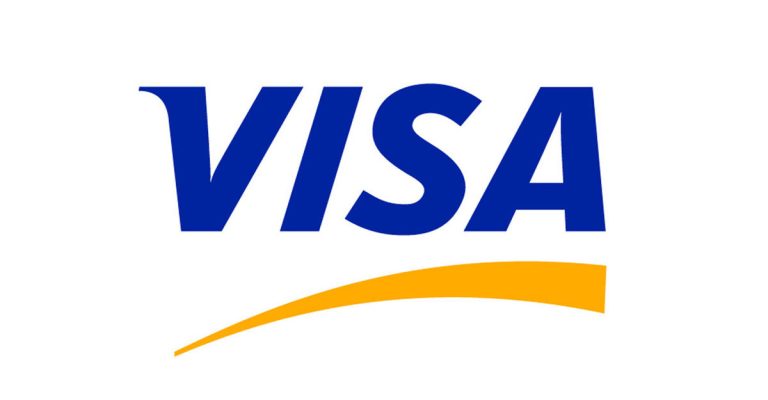Visa, a global leader in digital payments, has played a pivotal role in revolutionizing the financial industry by providing secure, fast, and convenient payment solutions. Over the years, Visa has adapted to the growing demand for digital transactions, ensuring that both consumers and businesses have access to cutting-edge technology for seamless and reliable payment experiences.
Here are some key ways Visa is shaping the digital payment landscape:
1. Global Reach
Visa operates in more than 200 countries and territories, making it one of the largest payment networks in the world. This extensive reach allows Visa to offer cross-border transactions, enabling businesses to easily expand globally and consumers to make purchases from anywhere.
2. Contactless Payments
With the rise of mobile wallets and wearable devices, Visa has spearheaded the adoption of contactless payment technology. By simply tapping a card or device at a point-of-sale terminal, consumers can complete transactions quickly and securely. Contactless payments are not only convenient but also improve transaction speed, reducing wait times in busy environments.
3. Digital Wallet Integration
Visa has partnered with major tech companies, banks, and financial institutions to integrate its payment technology into digital wallets such as Apple Pay, Google Pay, and Samsung Pay. This enables consumers to store their Visa credentials in a digital format, making it easier to pay with smartphones or smartwatches. The use of biometrics for authentication also enhances security.
4. Blockchain and Cryptocurrency Innovation
Visa has explored the potential of blockchain and cryptocurrencies in payment systems. The company has developed solutions to allow cryptocurrency transactions while adhering to regulatory standards. By embracing blockchain technology, Visa is working to make cross-border transactions faster, cheaper, and more transparent.
5. Fraud Prevention and Security
Visa has implemented advanced security measures like tokenization, encryption, and biometric authentication to protect against fraud. Visa’s Secure Remote Commerce (SRC) platform and the Visa Token Service help safeguard online transactions by replacing sensitive card data with unique tokens, reducing the risk of data breaches.
6. Financial Inclusion
Visa is committed to driving financial inclusion globally, with a particular focus on underserved populations. Through partnerships with fintech companies, mobile operators, and governments, Visa is helping to extend access to digital payments and financial services in developing countries. This empowers individuals to participate in the global economy, providing them with tools for savings, payments, and credit.
7. API Ecosystem
Visa has developed a robust set of application programming interfaces (APIs) that allow businesses and developers to integrate payment solutions into their platforms. This fosters innovation by enabling companies to create customized, scalable payment solutions for a variety of industries, including e-commerce, travel, and subscription services.
8. Sustainability Efforts
Visa is increasingly focused on sustainability, supporting initiatives that encourage environmentally conscious practices within the payment industry. For example, Visa offers options for consumers to offset carbon emissions from their purchases, and the company has committed to reducing its carbon footprint through sustainable business practices.
9. Future of Payments: AI and Biometric Verification
Visa is investing heavily in artificial intelligence (AI) and biometric technologies to improve the security and personalization of payments. AI helps detect fraud patterns in real time, while biometric verification methods like facial recognition and fingerprint scanning provide an additional layer of security for consumers.
Conclusion
Visa’s ability to innovate and adapt to the changing needs of consumers and businesses has allowed it to remain at the forefront of the payment industry. By embracing digital technologies and exploring new payment methodologies, Visa is helping shape the future of global payments—making them faster, more secure, and more inclusive. In the digital age, Visa is committed to advancing payment systems to create a frictionless and connected world of commerce.




